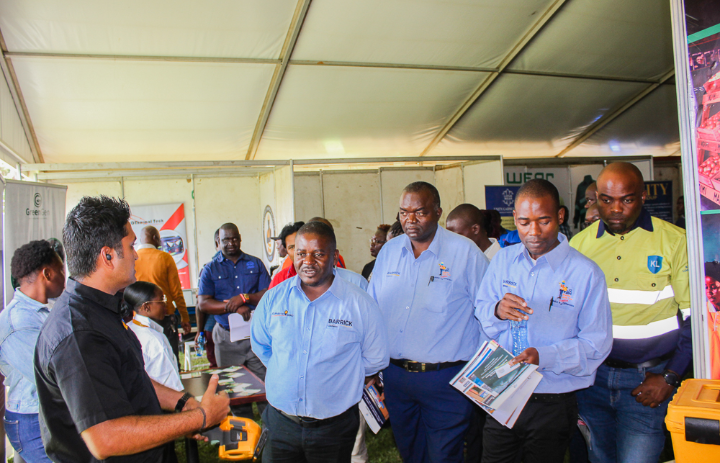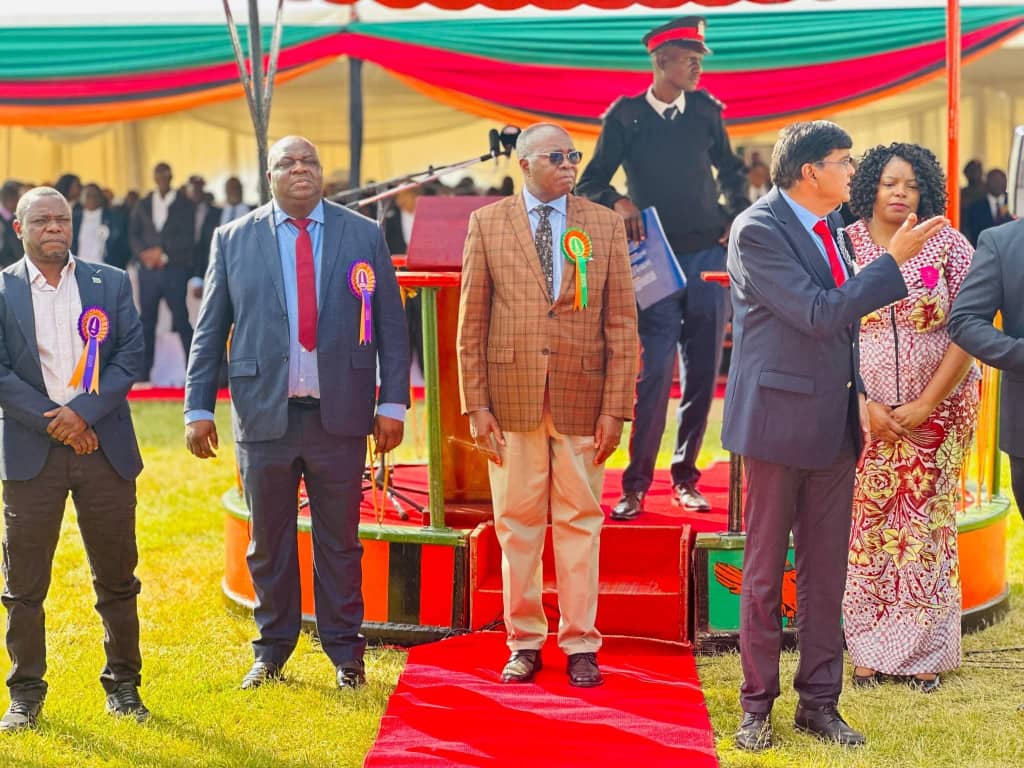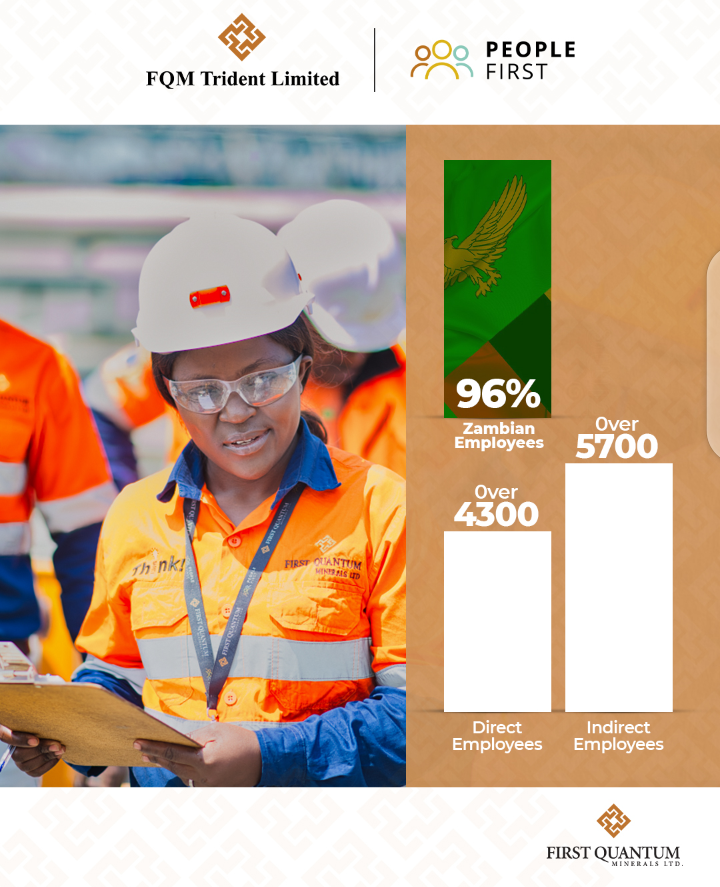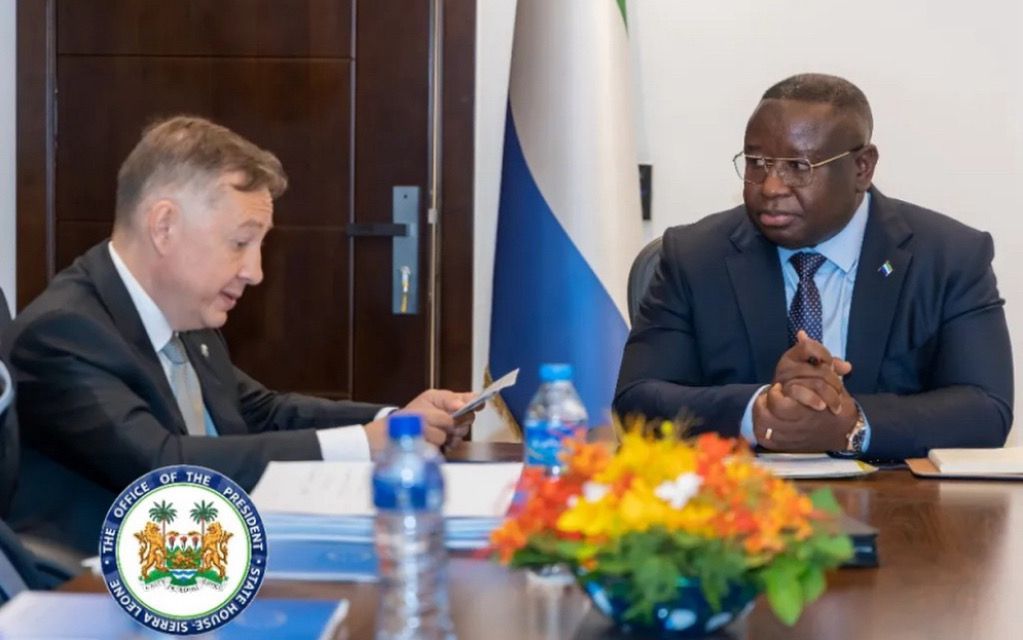By JOHN MUBAMBE
After years of procuring most requirements locally, Barrick-Lumwana has taken the initiative to straighten out information-sharing with indigenous suppliers, business partners and other stakeholders.
In 2022, Barrick-Lumwana spent US$432 million on Zambian suppliers and contractors, from a total of US$250 million, which was 83 percent of its total procurement that year.
The local procurement expenditure at Lumwana has increased year on year and now totals US$1.4 billion on goods and services, with local businesses accounting for 77 percent of its supplier base since Barrick-Lumwana refocused its strategy in Africa and the Middle East (AME) in 2019.
The company has purchased approximately US$4.3 billion in goods and services from Zambian registered businesses since it went into production in 2011.
Barrick-Lumwana Sustainability Manager Christopher Mukala made these disclosures during the launch of the initiative at
Royal Solwezi Hotel on December 7.
PROMOTING
The initiative is part of the company’s work in promoting linkages in the markets, financial services arena and business partnerships. The stakeholder engagement meeting also attracted the participation of those interested in doing business with the company through its supply chain department.
Barrick Lumwana supports local suppliers by developing their capacities and entrepreneurial skills to enable them to align and thrive as organized business entities.
“Our company fosters partnership with our business partners, and we make sure that we support the local communities by partnering with them and providing opportunities to do business with them,” said Barrick Supply Chain Manager Oliver Mwila.
Barrick believed that stakeholders living in its host communities had the opportunity to partner with the company in business as suppliers and contractors so all may share economic benefits with the mine and enhance their revenues.
Mwila explained that all the business houses that dealt with the company underwent the supplier onboarding process, whereby the supplier base was divided into categories according to the locations of suppliers.
“We support contractors in C1 category from the surrounding areas within the host chiefdoms, those within the province are captured in C2 category, and those within the Copperbelt and the rest of the country in C3 category while the ones in the non-local procurement category are from the international bench,” he said.
The establishment of this met the company’s need to create a platform for engagement with local suppliers and contractors. Barrick considered this critical for stakeholder appreciation of its local procurement process and to get rid of misinformation surrounding the procurement system.
The engagement meeting was hosted by Barrick-Lumwana Mining Company and its business partner Kalonga Logistics.
TOUR
The detailed programme consisted of a tour of exhibition stands, local spend opportunity profiling, local procurement performance, and supplier onboarding procedures, with presentations on the Business Accelerator Programme and financing opportunities.
At this meeting, Barrick-Lumwana reported its economic contribution over the past four years.
“Barrick-Lumwana has contributed more than US$2.3 billion to Zambia’s economy in the form of royalties, taxes, salaries and purchases of goods and services from local suppliers since it took over operations at Lumwana in 2019,” disclosed Christopher Mukala, Barrick-Lumwana Sustainability Manager.
The copper mining company has continued to grow Zambian businesses to its customer satisfaction through various initiatives and development programmes which have resulted in significant benefits realized through supply chain improvements.
“A continuous review of our local spend profile ensures that local suppliers with quality products at the right price are given preference in business opportunities,” noted Mukala.
In addition to its local procurement policy, the company was also committed to local employment. Presently, 99 percent of Lumwana’s current workforce is Zambian, of whom 12 percent are females and 88 percent are males.
CAPACITY
Last year, Barrick launched a Business Accelerator Programme in partnership with other key players in the local ecosystem to build business capacity for the Zambian contractors in Lumwana’s supply chain and to support them in effecting their growth plans.
“Barrick initiated the Business Accelerator Programme in 2022 to enhance Zambian contractors’ capacity in its mining supply chain. The programme supports their growth plans, diversifies their markets, and fosters independence and sustainability beyond Lumwana’s lifespan,” Mukala explained.
The first cohort of 15 micro, small and medium enterprises (MSMEs) under the Business Accelerator Programme completed their training in August and negotiations commenced for the next cohort of trainees to be taken on board.
A supplier development programme had been initiated to implement the supply chain improvement required of Barrick-Lumwana’s suppliers.
In this programme, the company partnered with Kalonga Logistics Limited to develop its local supplier base and expand the scope for local businesses to cost-effectively service the mine’s daily needs.








